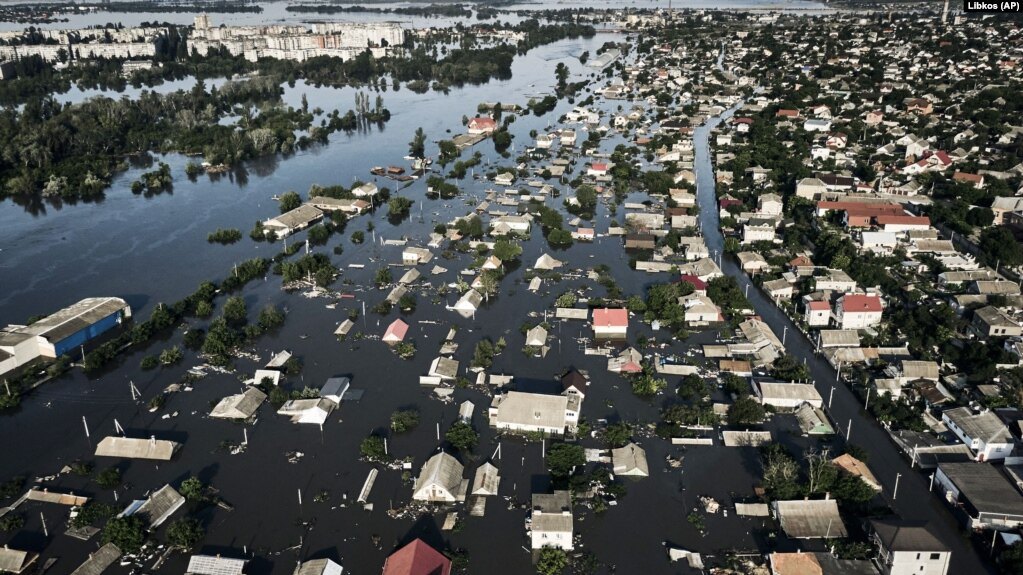Author: Roman Koval, Head of Research at Truth Hounds
Thedestruction of the Kakhovka hydro electric powerstation by the Russian military has challenged not only Ukraine but the entire world. It is an opportunity for our country to take a leadership role in the global struggle for justice and environmental protection. Joining forces to investigate and bring the perpetrators to justice can open up new perspectives and opportunities to change the status quo in the investigation of such war crimes. What legal instruments can be used to achieve this goal?
Accountability for war crimes
The report "Drowned by War", prepared by Truth Hounds and the Expedite Justice Project, provides strong evidence of the devastating damage caused by the destruction of the Kakhovka Dam. It can be used to effectively punish the perpetrators and to justify the need to improve the current legal framework for environmental crimes.
In the study, we analysed in detail the causes and consequences of the disaster. The breakthrough led to the leakage of a huge volume of water, and the artificial flood caused a significant number of casualties and suffering among the civilian population. We propose that the destruction of the Kakhovka hydroelectric power station should be classified as a war crime under the Rome Statute, as the environmental damage was "excessive" compared to the expected military advantage.
Evidence, including seismic data and eyewitness accounts, strongly points to a controlled explosion involving Russian military personnel. The study reasonably rejects the versions of the dam's destruction due to its deterioration and Ukrainian shelling.
The responsibility for the direct explosion of the Kakhovka hydroelectric power station most likely lies with the 205th separate motorised rifle brigade of the Russian Armed Forces. However, such operations require strategic planning and coordination at a higher level than the brigade command.
Thus, the decision to destroy the Kakhovka dam required the approval of senior commanders in the Russian military hierarchy. The report mentions the commander of the Dnepr group of troops, Oleg Makarevich (recently indicted by the Prosecutor General's Office, including thanks to the materials provided by Truth Hounds), the Chief of the General Staff of the Russian Armed Forces, Valery Gerasimov, the then Minister of Defence, Sergei Shoigu, and the Supreme Commander-in-Chief, Vladimir Putin. A possible proof of Putin's knowledge and involvement in the destruction of the dam is his visit to occupied Henichesk in Kherson region, the location of the headquarters of the Dnipro Command, in April 2023, two months before the incident. Putin's meeting with the group's commanders on the eve of the Ukrainian counteroffensive suggests direct contact between them, as well as at least the Russian leader's possible awareness of the plans to destroy the Kakhovka dam.



